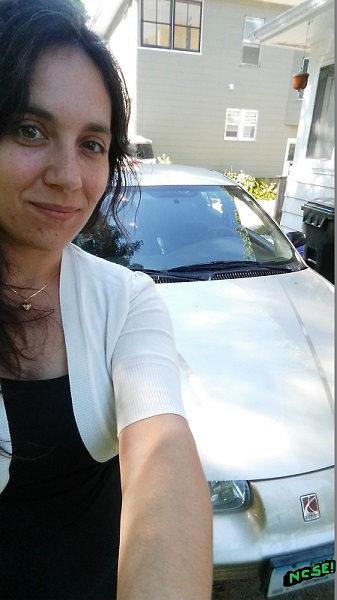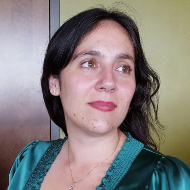A 2001 Saturn sedan….what a sweet ride.

That’s my classic American car, which I drive all over the Iowa countryside visiting schools and talking with teachers. And it’s my secret weapon in the battle to get science teachers the support they need to provide our kids with a great education. As I work on figuring out how to expand the Science Booster Club project into more communities, nothing is clearer to me than the importance of physically connecting with people. Of meeting them on the ground. There are so many things I would never know, and so many people I would never have met, if I hadn’t been willing to go out there. And the worse a situation is in a school district, the more important it is to go there in person. Teachers don’t want to put their complaints into writing. They’re not going to e-mail you. You’ll notice I didn’t use any names in my previous post. I got permission from the teachers to tell their story. They told me I ought to tell it, that it was true. But they don’t want to get in trouble for complaining. They’ve got enough trouble already, teaching science for the year on forty cents a head.
As we get ready to add more Science Booster Clubs into our network, even more than money (although money is good. Go ahead and send money), we need people on the ground. People who are willing to spend a fair amount of time driving around, getting to know teachers and communities. Think about it. Just one person in every community who’s willing to deploy their own secret weapon—a visit to a local teacher and a willingness to listen. Then the stories would start to get out, the stories about how woefully inadequate science education budgets have become. Those stories need to be told, because, as I said before, a lot of people will be outraged to find out how bad the situation is, and they’ll be motivated to get involved. And that’s the real secret weapon-convincing teachers and communities that change is possible—that by working together, we really can help!
I apologized to one of the teachers I worked with. I told him that I knew that what I could give him was just a band-aid. He interrupted me and told me it was more like a blood transfusion. When teachers are working with yearly budgets under two hundred dollars, a $200–$300 microgrant from NCSE is, well, huge. It can give a teacher enough to keep going for another year. And maybe if we tell enough of these stories, something will really change.

